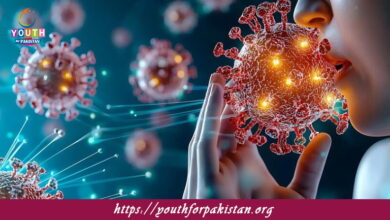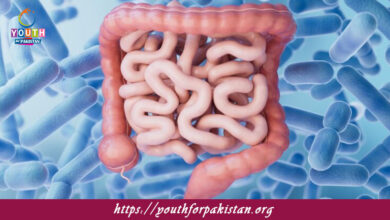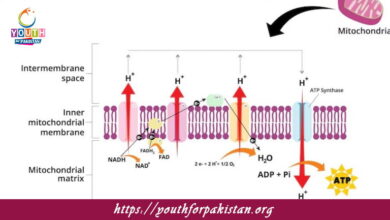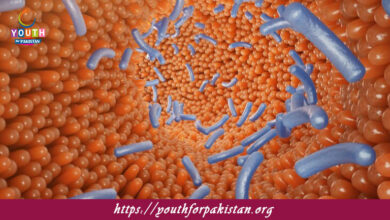Introduction To Biological Molecules MDCAT Quiz with Answers
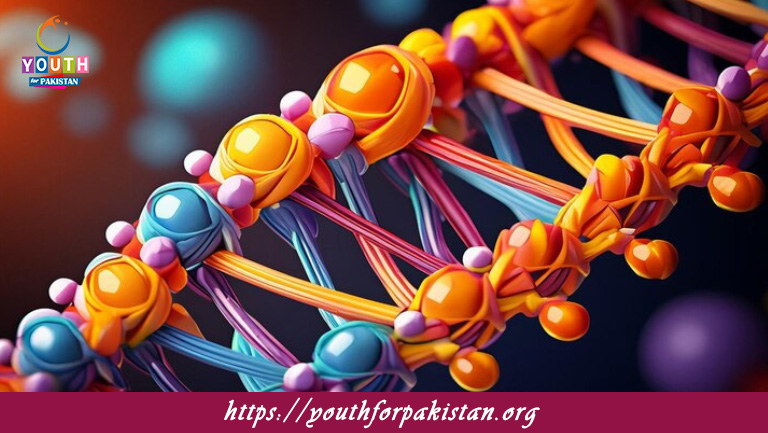
Introduction To Biological Molecules MDCAT Quiz: Biologically important molecules are the building blocks of life. They are involved in the composition, function, and regulation of cells, tissues, and organs. These molecules participate in most aspects of cell function, such as energy production and genetic inheritance. Knowledge of biological molecules is very important to MDCAT students because it builds a foundation necessary for understanding topics from biochemistry, cell biology, and physiology.
Major Classes of Biological Molecules
There are four major classes of biological molecules: carbohydrates, proteins, lipids, and nucleic acids. Each has distinct structures and functions that have given rise to the complexity and diversity of life.
Carbohydrates: These are molecules made up of carbon, hydrogen, and oxygen. Being a major energy source for cells, carbohydrates, especially simple sugars like glucose, are used directly for energy. On the other hand, more complex carbohydrates like starch and glycogen can be stored in the body for future use as energy.
Proteins: Proteins consist of amino acids linked by peptide bonds. Some of their various functions include enzyme activity, helping to speed up chemical reactions, providing structural support, and being involved in the transportation of molecules across cell membranes.
Lipids: Lipids include fats, phospholipids, and steroids. They are hydrophobic molecules involved in long-term energy storage, forming cell membranes, and serving as signaling molecules. Examples include triglycerides and cholesterol.
Nucleic Acids: DNA and RNA are nucleic acids composed of nucleotides. DNA carries genetic information, while RNA is involved in protein synthesis. Together, they play a central role in heredity and cellular function.
Role of Biological Molecules in Cells
Biological molecules participate in vital cellular processes such as metabolism, cell signaling, and genetic inheritance. For example, enzymes (proteins) catalyze biochemical reactions that are necessary for metabolism. Nucleic acids carry the genetic blueprint for protein synthesis and cell function. Carbohydrates provide energy for cellular activities, while lipids form the structure of cell membranes and store energy for long-term use.
Test Your Knowledge with an MDCAT Quiz
An MDCAT Quiz on the Introduction to Biological Molecules will help you assess your understanding of the structure and function of carbohydrates, proteins, lipids, and nucleic acids. The quiz will also include questions on their role in cellular processes like energy production and genetic expression, ensuring you’re well-prepared for the MDCAT exam.
Free Flashcards for Quick Revision
Free Flashcards on Biological Molecules provide a concise summary of the essential features of carbohydrates, proteins, lipids, and nucleic acids. These flashcards are an excellent way to quickly revise important concepts, such as monosaccharides, amino acid sequences, and DNA replication.
Mastering the Introduction to Biological Molecules is essential for understanding life at the molecular level. Use our quizzes and flashcards to solidify your knowledge and excel in your MDCAT preparation!
Experience the real exam environment with our expertly designed collection of over 25,000 MCQs MDCAT Mock Tests.



